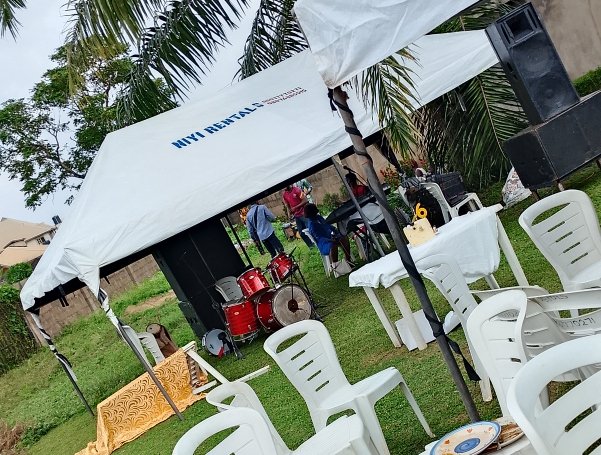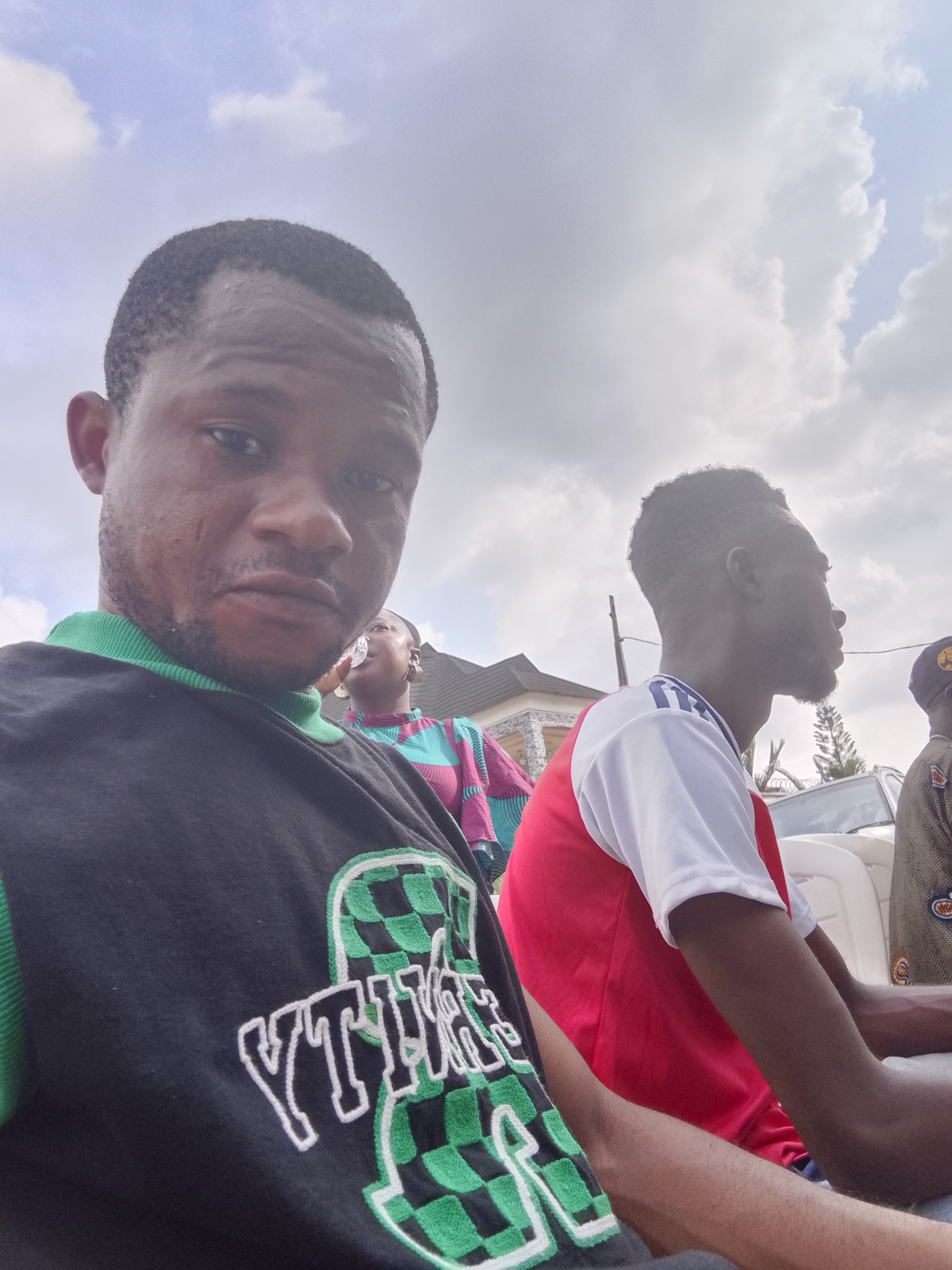I have a story, I must say! Imagine a university talent event, a crowded auditorium, and me walking confidently onto the platform for my big moment. I had agreed to do a traditional stand-up comedy performance, which is a little bit edgy and a little bit stupid. I believed I was ready because I had rehearsed and received laughter from friends. In hindsight, the warnings were all there, but I chose to disregard them since I was sure I would make everyone laugh.

I could feel the vibe wasn't quite what I was expecting as soon as I walked up to the microphone. Rather of a friendly, excited audience anticipating laughter, I noticed whispers and interested looks directed at me. But I ignored it because I was excited to tell my first joke. However, I experienced the first twinge of agony as soon as I opened my mouth. Just a moment earlier, my mind was full of punchlines, but now it was blank.
With the intention of venting about the difficulty of mixing and the constant small talk, I had begun the routine by telling a story about a party I had been to. However, as I stood on stage, I became aware that I was unable to recall a single word of my story. I made the mistake of changing directions in a panic. What emerged was an entirely out-of-context joke about how I used to take my pet fish on walks when I was younger. It hung there silently since I didn't know how to attach it.

The quiet was broken by a courteous cough from the rear of the room, and I thought, "Well, perhaps if I explain. I rambled on about the made-up qualities of this hypothetical fish in an attempt to salvage it, but the laughter I had envisioned was still absent. Even though I was in trouble legally, I wasn't prepared to give up.
I took a deep breath, abandoned the fish approach, and then said a joke I had saved especially for this occasion, which made my pals laugh uncontrollably. However, because I was worried, I forgot the punchline and ended up giving a mediocre performance that sounded more like lousy life advice than comedy. A few folks exchanged pathetic glances, and I heard someone mumble to their pal, "Is this part of the act?"
Feeling agitated, I started using my last-ditch strategy: interacting with the mob. I reasoned that if I invited a member of the audience to the performance, they might be able to assist me in re-establishing my rhythm. In the hopes that we could improvise a little bit, I gestured to a random man in the front row and invited him to come up on stage.
I hadn't thought about the fact that he was my professor, a serious man who wasn't known for having much sense of humour. Convinced that his stern answers would be humorous in comparison, I tried to interview him in a light-hearted manner when he unwillingly joined me on stage. Rather, he regarded me with disdain, murmured something to himself, and left the stage a few seconds later. Standing there with a microphone, I watched as my final hope vanished into the throng.
I could tell at this time that the crowd was not only not having fun, but also felt sorry for me. Some folks were obviously fighting to contain their laughter—not at my jokes, but at my sheer awkwardness—and I could see a few sympathetic faces. Five minutes ago, I finally did what I should have done. I conceded defeat. “Well, at least I’ve accomplished something tonight: I now know exactly how not to be a comedian,” I remarked, sighing and grinning sheepishly as I turned to face the audience.
They laughed, which relieved me. It was sincere, but it wasn't loud, side-splitting laughter. A small part of my pride returned, and I made the decision to step down before more problems might arise. I bowed briefly, thanked everyone for their patience, and walked off stage to courteous applause.
The fallout soon followed. Friends smiled empathetically and offered all the typical platitudes. They would say things like, "It wasn't that bad," or "You were brave to get up there." We all understood, however, that I had completely failed. When people recapped the worst talent show performances ever, I was the main character.
In retrospect, it was humble. I became aware that I had committed the quintessential rookie error: I had overstated my confidence, neglected to prepare, and failed to take the audience's expectations into account. I discovered that the humour I found amusing in informal settings with friends didn't transition well to a stage in front of strangers. I simply needed to learn timing, delivery, and—above all—how to accept failure gracefully. It wasn't that my humour was hopeless.
I spent some time revising my material after that night, honing not only my jokes but also my stage appearance and crowd reading skills. I finally tried stand-up again, and even though I was still anxious, I was able to elicit a few giggles. Although it wasn't quite atonement, it was a step forward. It seemed like a minor win since I had transformed a humiliating experience into a chance for personal development.

I learnt a lot about self-awareness, resilience, and the value of not taking myself too seriously from making a fool of myself that day. I still squirm a little when I think about it, but it serves as a reminder that failing is simply a funny part of trying.
 Follow
Follow